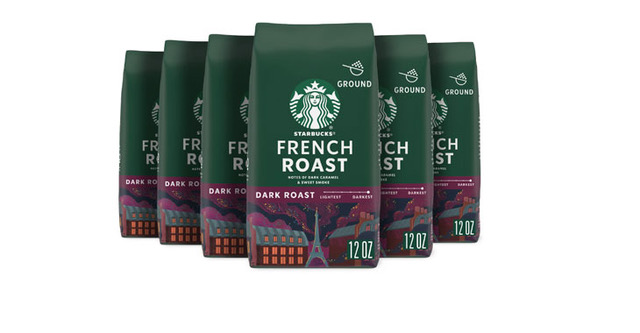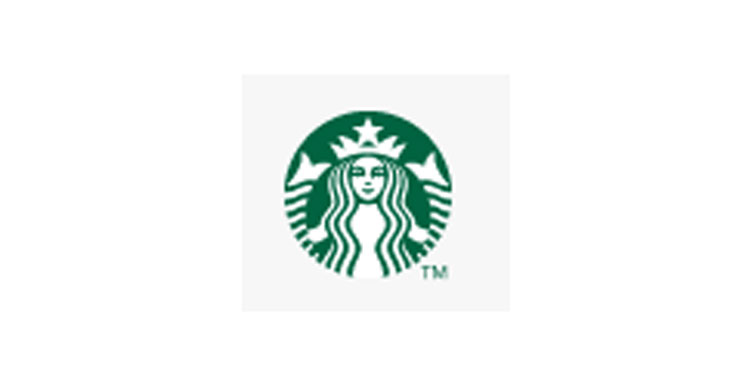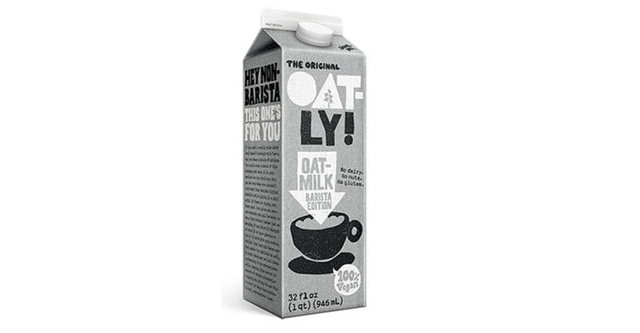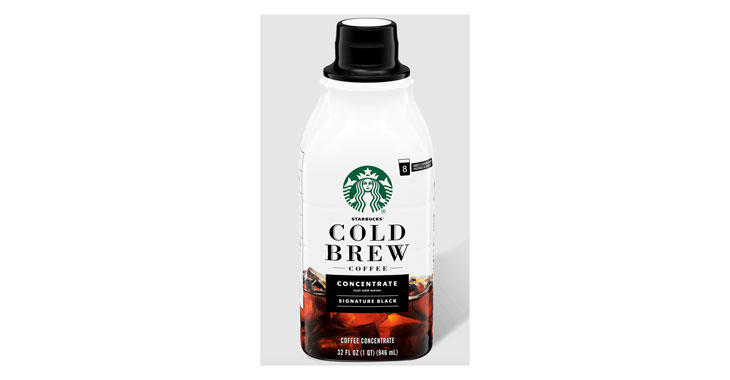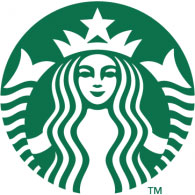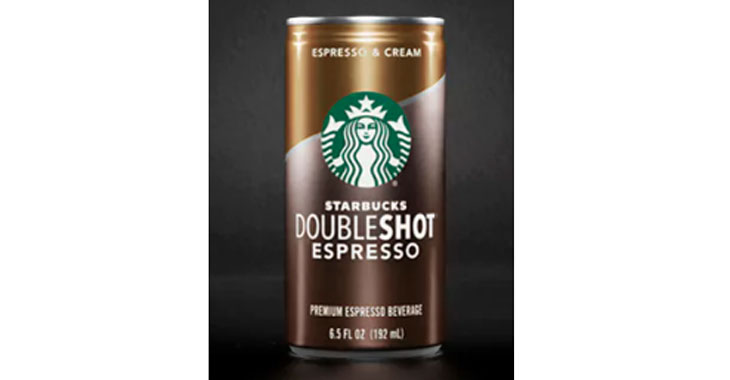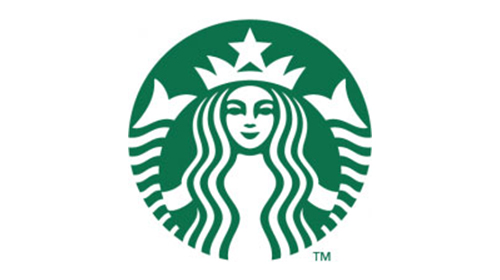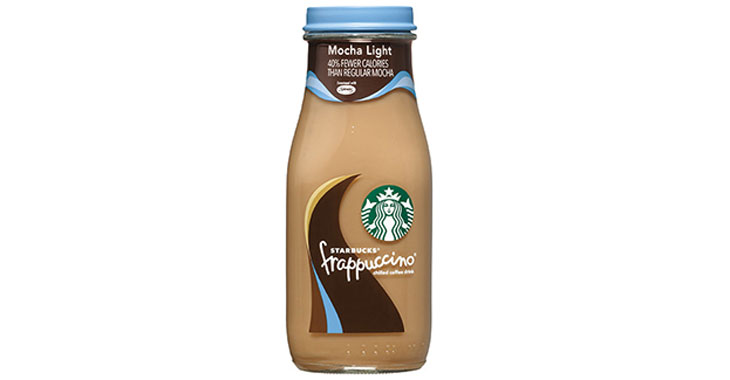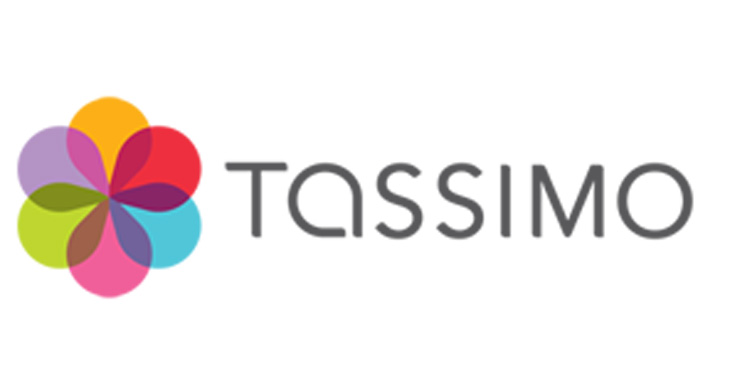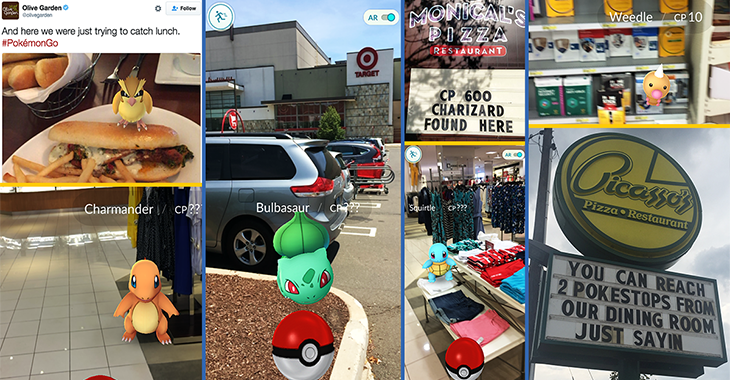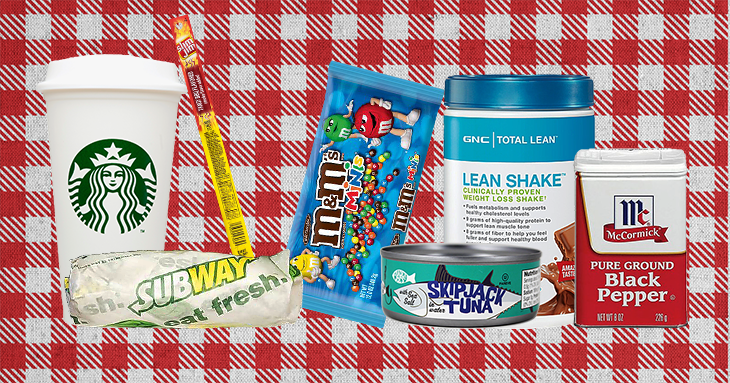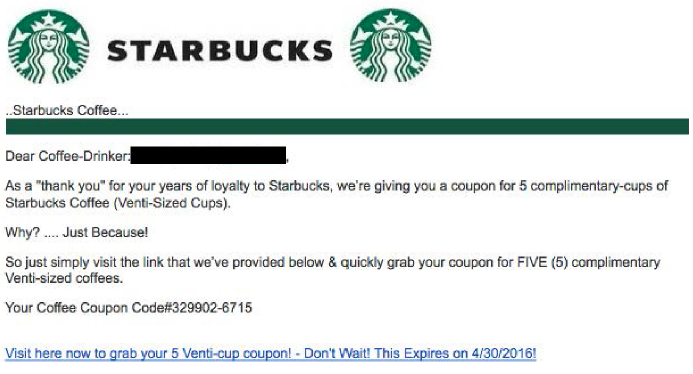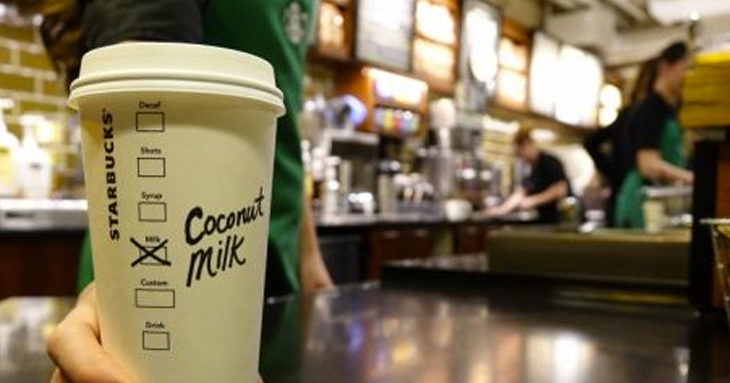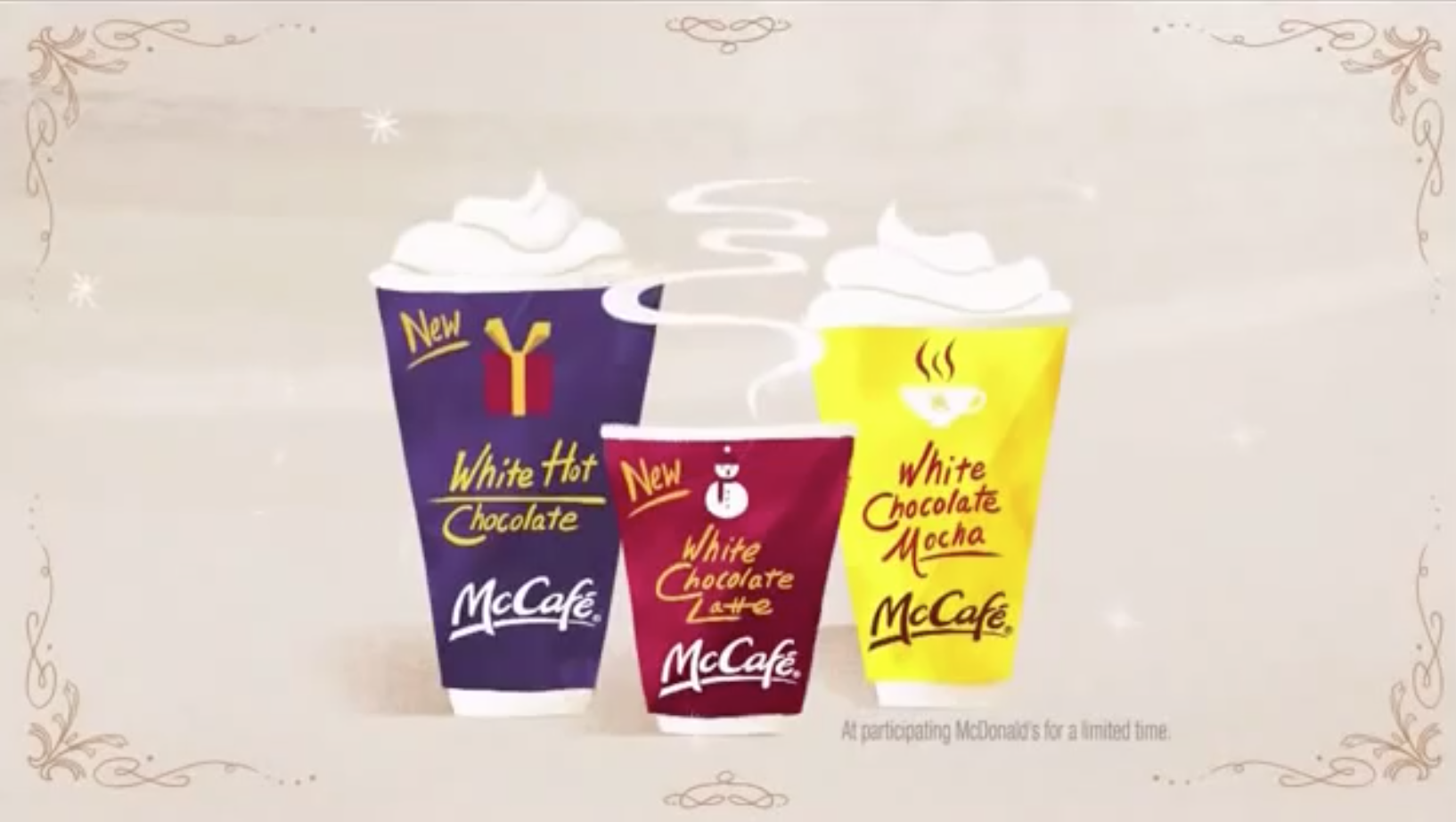
Starbucks Refreshers
Allegations: Beverages do not contain the fruits advertised in the product name
Strauss et al. v. Starbucks Corp.
25-cv-3809, S.D.N.Y.
(May 2025)
Starbucks Decaffeinated Coffees
Falsely marketing that the company “respect[s] the human rights of individuals and communities impacted by our operation and products” when its products are sourced from farms that have poor working conditions and use forced labor
Making false environmental claims (e.g., that the company uses sustainable practices and is working to reduce its carbon footprint) when its practices cause deforestation and heavy carbon emissions, and increases plastic waste
Falsely marketing that its Decaf House Blend Medium Roast coffee is produced using a safe process and contains 100% arabica coffee when it contains harmful chemicals
Pending
Allegations: Beverages do not contain the fruits advertised in the product name
Allegations: Misleadingly marketing products as “100% Arabica Coffee” when they contain added potassium
Allegations: Misleadingly representing that cocoa has been harvested following ethical and environmentally responsible standards
Allegations: Misleadingly marketing bagels as “Sprouted Grain” when they are made primarily with non-sprouted grains
Allegations: Misleadingly marketing products as healthy, safe, and high quality without disclosing that they may contain harmful bacteria
Allegations: Coffee products contain fewer servings than advertised
Allegations: Falsely advertising that the flavor comes from vanilla when the ingredients list shows that the flavor comes from unspecified “Natural Flavor”
The in-store presence of Pokémon prompts TINA.org inquiry about possible marketing agreements.
How much is really in there?
Survey says: Don’t take this survey.
Consumers sour on milk after learning of additives in Starbucks coconut product.
Does McDonald’s beverage met the FDA definition of white chocolate?
